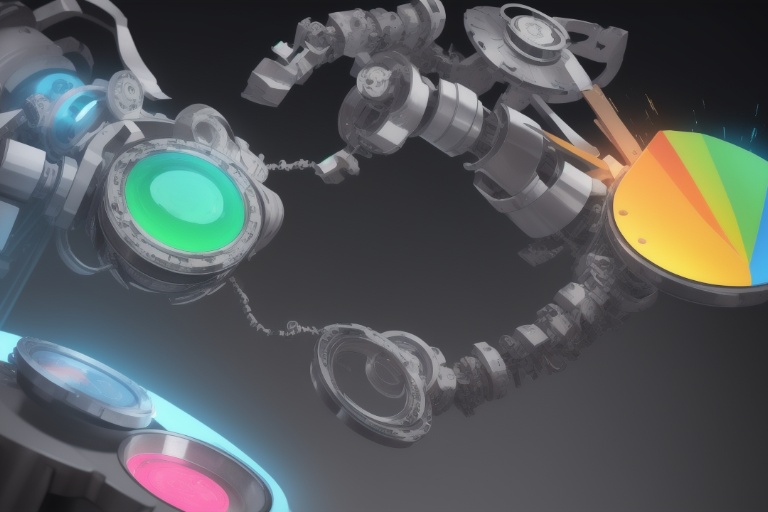The emergence of artificial intelligence (AI) and machine learning (ML) is revolutionizing our world, transforming industries and societal norms in ways previously confined to the realms of science fiction. AI's rapid growth holds the promise of astounding advances while also posing significant ethical dilemmas and risks. One creative exploration of these issues is found in the film "The Congress".
The emergence of artificial intelligence (AI) and machine learning (ML) is revolutionizing our world, transforming industries and societal norms in ways previously confined to the realms of science fiction. AI's rapid growth holds the promise of astounding advances while also posing significant ethical dilemmas and risks. One creative exploration of these issues is found in the film "The Congress".
The Ethical Quandary in Entertainment
"The Congress" powerfully highlights the ethical consequences of AI encroaching upon the creative arts, specifically in the realm of acting. The film articulates a future where the essence of actors can be digitally captured, effectively allowing technology to replicate and replace them in future performances. This speculative scenario calls into question the authenticity and integrity of the artistic experience. It beckons us to envisage a future where the lines between fiction and reality blur, challenging the very notion of artistic expression.
Society and Artifice
Beyond the entertainment industry, the film prompts us to examine the broader societal impact of AI and ML. As these technologies advance, so too does their influence on our daily experiences and interactions. The movie serves as a metaphor for the disruptions and transformations we can anticipate as AI becomes increasingly integrated into various facets of life. It compels us to reflect on the human essence that may be at risk of being overshadowed by the allure of digital perfection.
Reflecting on Technology's Path
While "The Congress" concentrates on the entertainment industry, its reflections are far-reaching. It serves as an admonition for all of us to remain vigilant about the pace and direction of technological progress. As we plunge into the intricacies of programming and machine intelligence, the responsibility on our shoulders grows heavier. We must be thoughtful about the world we are molding, conscious of the potential repercussions that extend well beyond what we can immediately perceive.
A Vision of What's to Come
The movie offers pivotal insights, igniting conversations on the role AI might play in not just our leisure but the fabric of our societies. It is a stark reminder of the duality of technology—it can both open new horizons and pose difficult questions about the essence of humanity. As custodians of the future and architects of the digital era, it is our duty to navigate this landscape with prudence and a clear understanding of the stakes involved.
Critical Analysis: A Must
"The Congress" is a singular work that provides a narrative space to explore possibilities and conjectures about the future of technology. As we stride further into this intriguing yet complex domain, we must remain critical in our approach. The movie underscored the importance of scrutinizing the implications of our technological pursuits, asking us to measure the potential costs against the remarkable benefits.
Conclusion: The Journey Ahead
This exploration is just beginning. "The Congress" merely opens the door to a vast discourse on the ramifications of AI and ML in modern times. In the upcoming segments of our discussion, we will delve deeper into cinematic expressions and cultural narratives that continue to uncover the evolving relationship between programming, artificial intelligence, machine learning, and our collective experience of reality. We stand on the cusp of a new era of possibility and reflection, tasked with the profound responsibility of steering technology towards enriching the human condition, rather than diminishing it.
Information for this article was gathered from the following source.




